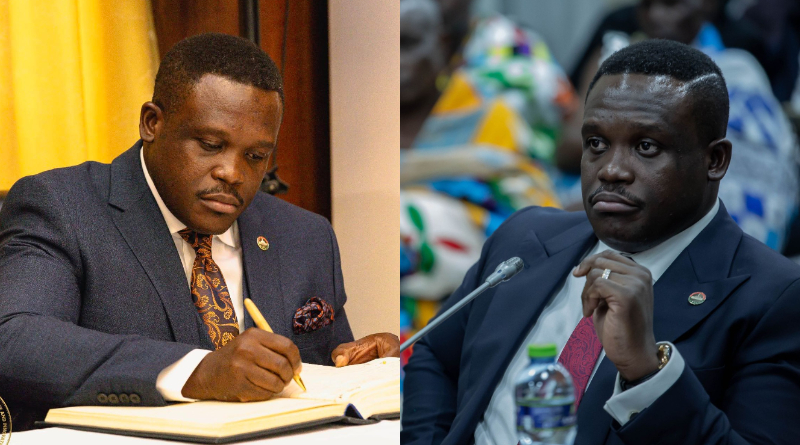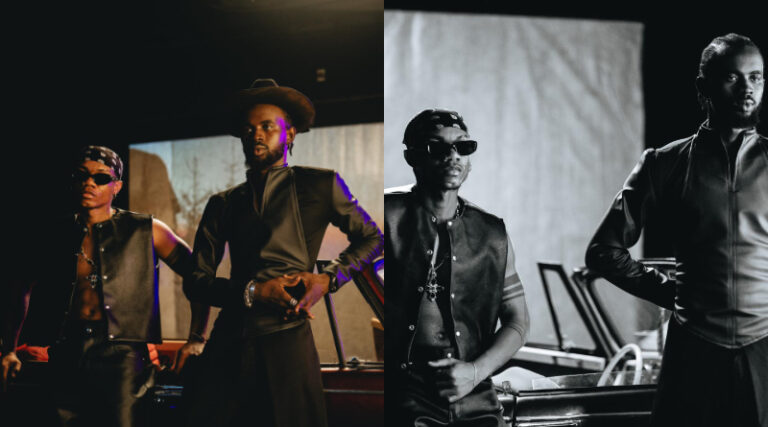The anti-LGBTQ bill, one of Ghana’s most polarising pieces of legislation, is back in Parliament—this time reintroduced as a private member’s bill by Ningo-Prampram MP, Sam Nartey George, alongside other lawmakers. Despite the absence of executive sponsorship, George asserts that the move is in keeping with promises made to his constituents and traditional leaders.
Speaking on Joy News’ PM Express, the MP confirmed the reintroduction of the bill, stating, “Four weeks and a few days ago, together with some of my colleagues, we reintroduced the bill as a private member’s bill. I have kept my fidelity and my promise to the Ghanaian people.”
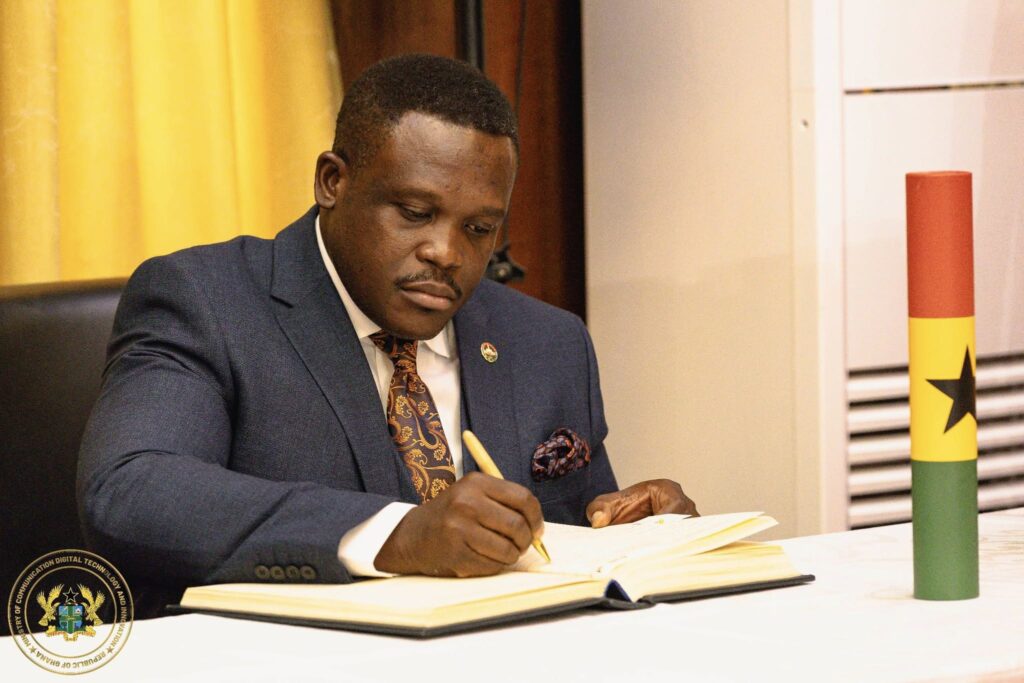
George acknowledged that former President John Mahama had expressed a preference for the government to reintroduce the bill officially. However, he maintained that his primary allegiance lies with his constituents, particularly his chiefs, who supported his stance during his vetting.
“At my vetting, I was asked that question. My chiefs were sitting behind me, and I made the point clear. I have absolute respect and deference for President Mahama’s position. However, as a Member of Parliament, I owe fidelity as well to my chiefs and people,” he said.
He further reiterated that his constituents had mandated him to advocate for legislation aimed at safeguarding what they perceive as Ghanaian family values. According to him, that mandate led to the reintroduction of the same bill passed by the eighth Parliament, without any changes to its language or content.
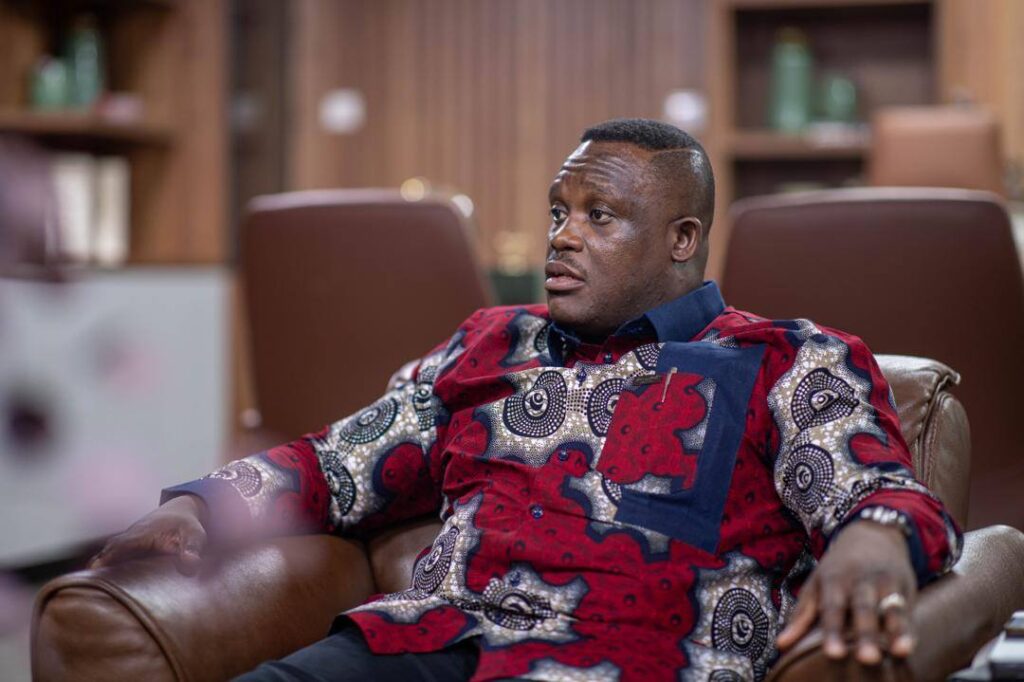
“The responsibility they gave me was clear: to champion the bill. And I told them that when the ninth Parliament resumed, I was going to reintroduce it. And I have done so,” George affirmed.
Although the government holds the authority to assume control of the bill during the legislative process, that has yet to happen. For now, the bill is proceeding through the Private Members Bill Committee—a new committee, unlike the previous one that handled similar bills, which has introduced procedural delays.
George clarified that this transition accounts for the slow pace in public and parliamentary discourse thus far. “The committees of Parliament were only set up barely a week or two before Parliament’s dissolution. So it’s not like four years ago where we sent it straight to the Constitutional Legal Affairs Committee,” he explained.
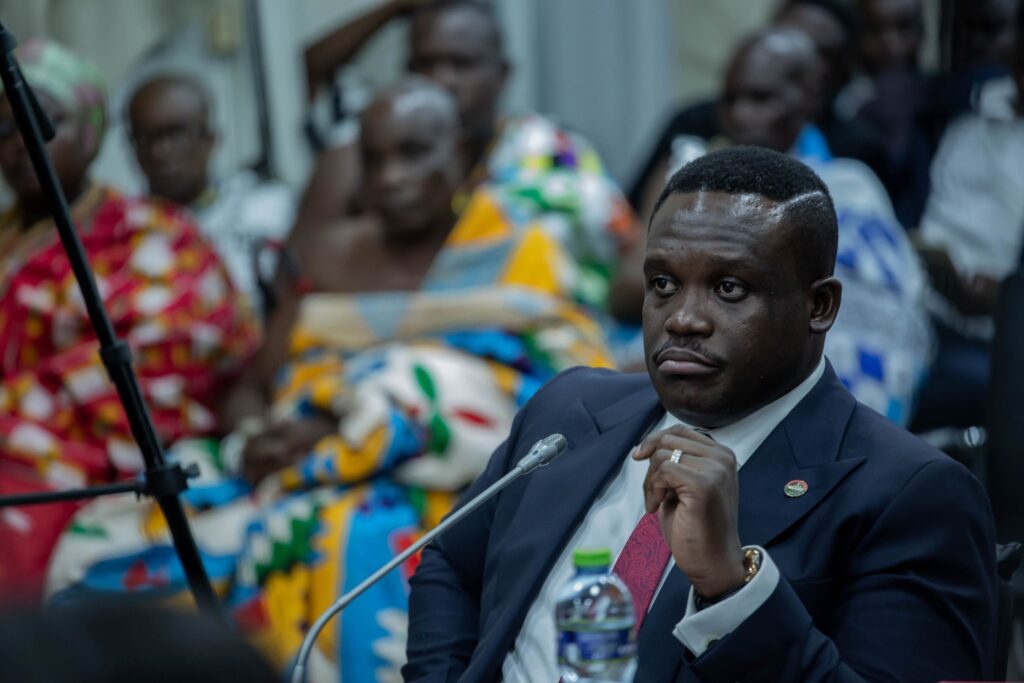
With a super majority in the current Parliament, George expressed confidence that the bill would advance more swiftly. “We have a super majority. I expect it to move faster through Parliament this time.”
He concluded with a firm restatement of his commitment: “I have kept my fidelity and my promise—to the Ghanaian people, to my chiefs, and to Parliament.”

